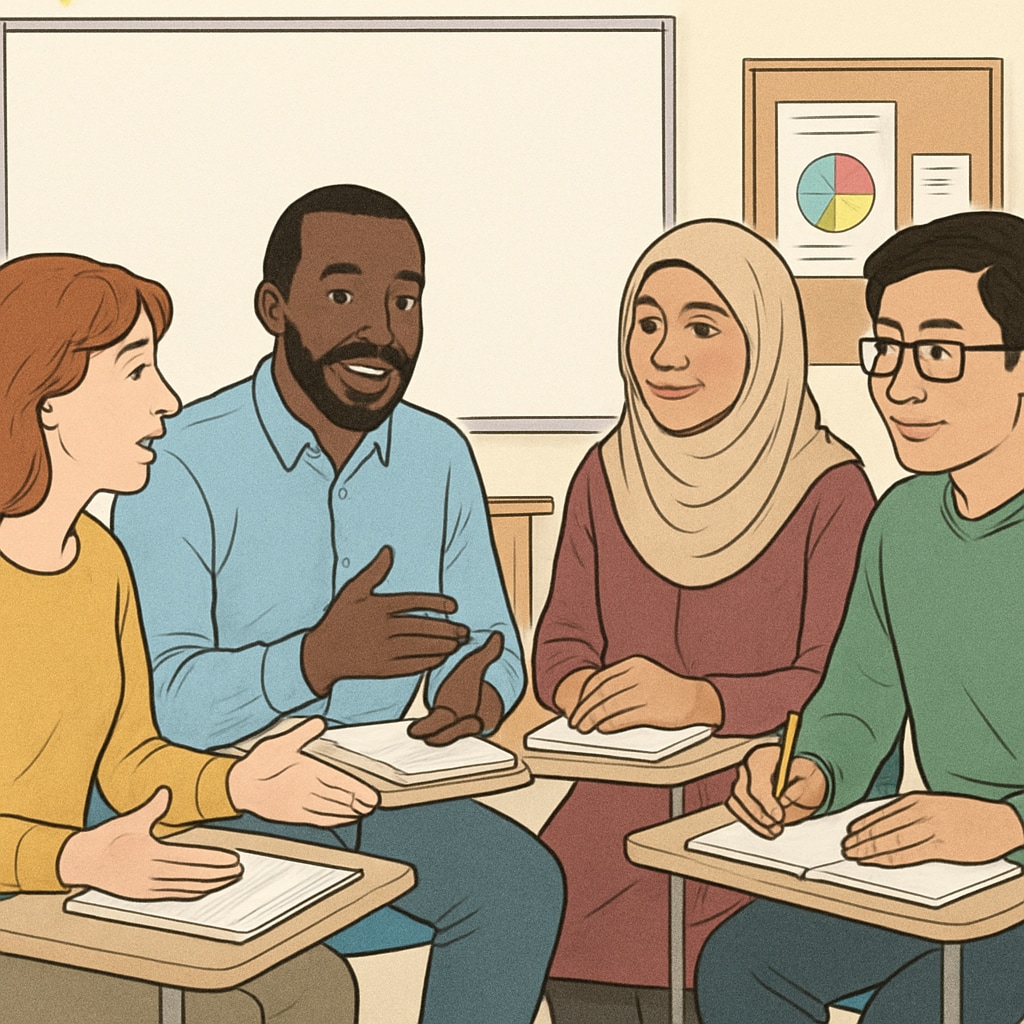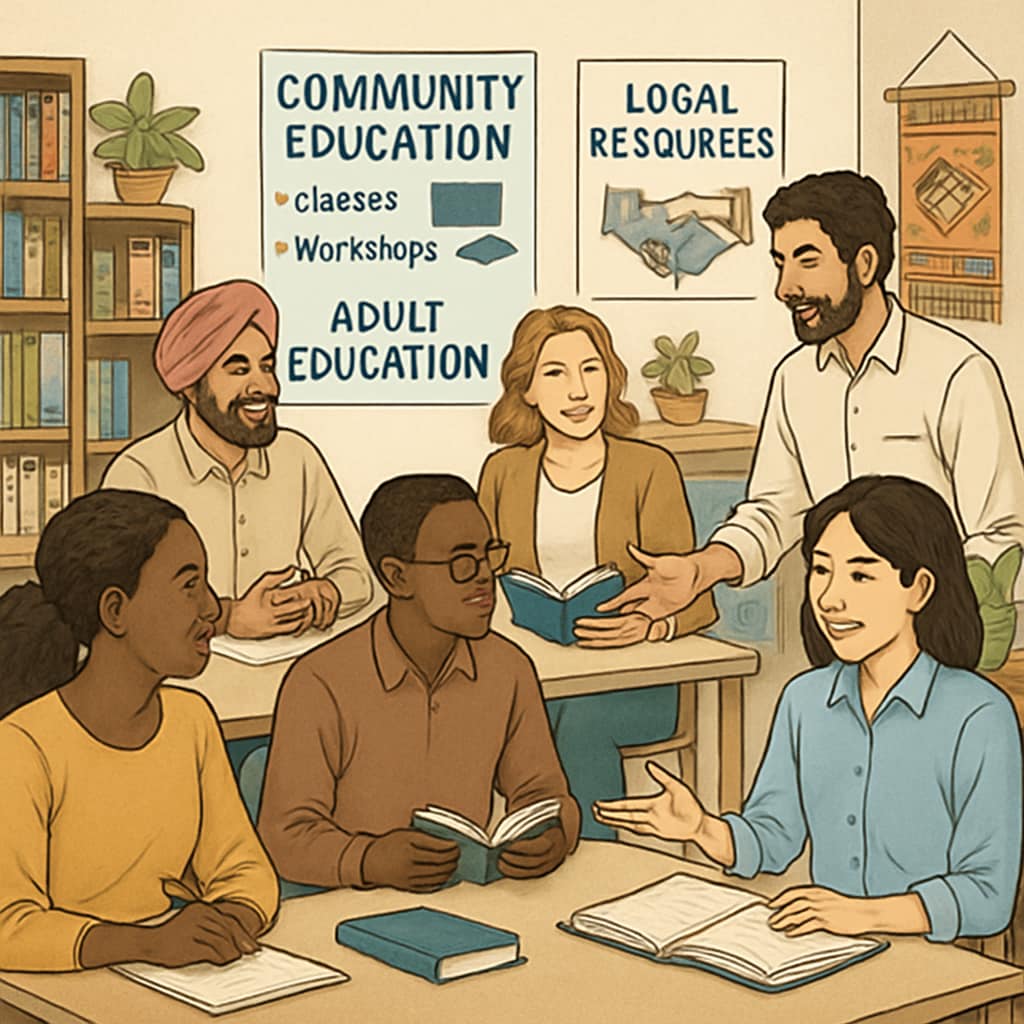For international students, navigating the complexities of adult education, cultural adaptation, and basic knowledge acquisition in a new country can be both exciting and overwhelming. Moving to a Western country often means adjusting to unfamiliar teaching methods, social norms, and cultural expectations. This article provides a comprehensive guide to help adult learners find the right foundational courses, leverage community resources, and create personalized learning paths to ease their transition into Western culture.
Understanding the Need for Cultural Adaptation in Adult Education
Adapting to a new culture is a multifaceted process, especially for adult students who may already have established learning habits and cultural values from their home countries. Western educational systems often emphasize critical thinking, interactive participation, and independent learning, which may differ significantly from the more hierarchical or rote-learning approaches in other parts of the world.
To bridge this gap, understanding the cultural context is crucial. For example, many adult education programs in Western countries incorporate cultural orientation modules that include language development, workplace norms, and social etiquette. These courses not only build essential skills but also foster a sense of belonging and confidence in navigating new environments.

How to Find the Right Adult Education Programs
Finding the right adult education program tailored to cultural adaptation and basic knowledge begins with identifying your unique goals and challenges. Some programs focus specifically on teaching English as a Second Language (ESL), while others aim to provide cultural integration through workshops on communication skills, history, and societal norms. Here are a few steps to guide your search:
- Research local community colleges: Many community colleges offer affordable and accessible adult education programs designed for international students.
- Look for government-sponsored initiatives: Some countries provide free or subsidized courses for newcomers to help them integrate into society.
- Check online platforms: Websites like MOOCs and other e-learning platforms offer a range of cultural adaptation courses.
Leveraging Community Resources for Success
Community resources play a vital role in supporting international students during their cultural adaptation journey. Libraries, local cultural centers, and non-profit organizations often host free workshops and networking events that allow adult learners to connect with others facing similar challenges. For instance, participating in language exchange programs or cultural festivals can significantly enhance both language skills and cultural understanding.
Additionally, many cities have immigrant support centers that offer guidance on housing, employment, and education. These centers often collaborate with adult education providers to create holistic support systems for newcomers. For more information, resources like the Britannica definition of culture provide insights into the role of cultural understanding in education.

Creating a Personalized Learning Path
Every learner’s journey is unique, and creating a personalized learning plan can make the process of cultural adaptation smoother and more effective. Consider the following steps:
- Set clear objectives: Define what you want to achieve, whether it’s improving language skills, understanding workplace norms, or building social connections.
- Assess your learning style: Identify whether you prefer hands-on learning, visual aids, or interactive group settings to choose the most suitable courses.
- Track your progress: Regularly evaluate your achievements and adjust your learning plan as needed.
By combining formal education with informal learning opportunities, such as volunteer work or community involvement, international students can gain both the theoretical knowledge and practical experience needed to thrive in a Western cultural environment.
In conclusion, the journey of cultural adaptation and education for adult international students may seem daunting at first, but with the right resources and strategies, it becomes an enriching experience. By focusing on foundational courses, utilizing local support systems, and tailoring a personalized learning path, students can successfully embrace their new cultural surroundings while achieving their academic and personal goals.


